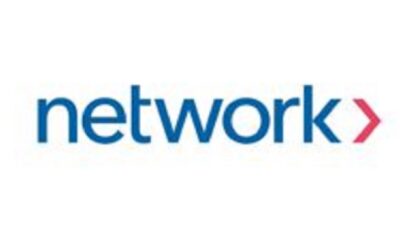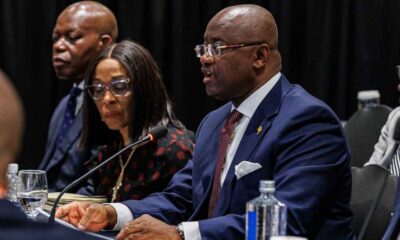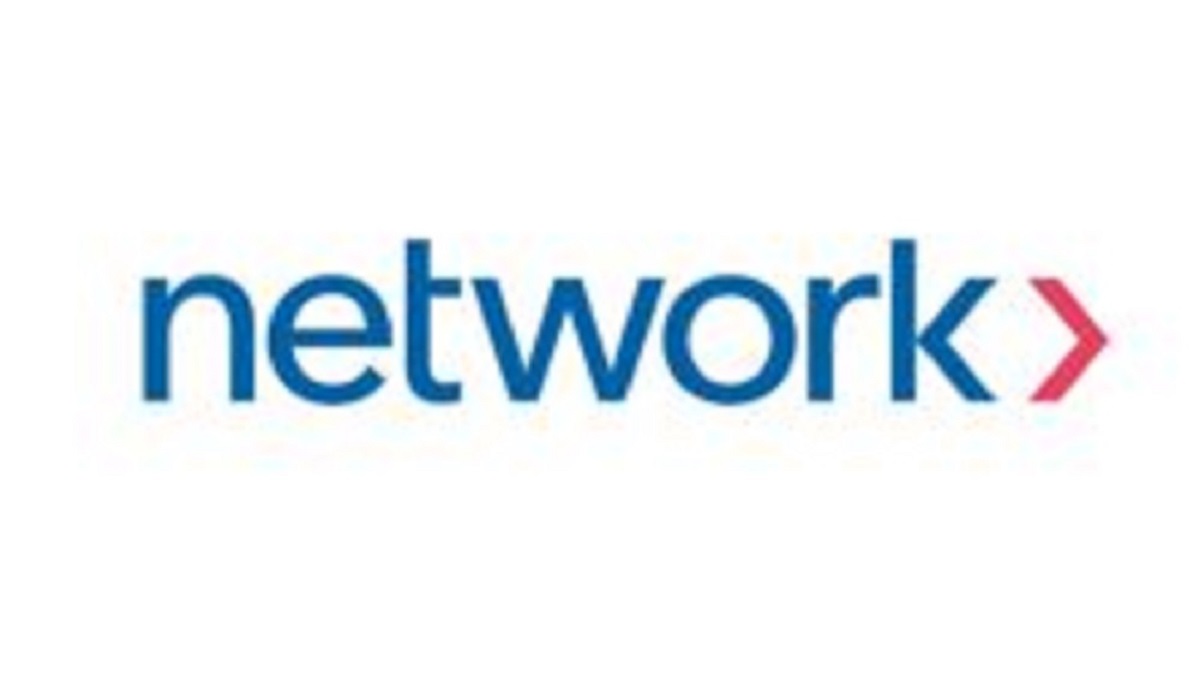JOHANNESBURG, South Africa, March 3, 2026/APO Group/ –Binance (
https://www.Binance.com), the world’s leading cryptocurrency exchange, highlights the progress it continues to make in strengthening compliance and regulatory excellence, reinforcing its role as a pioneer in building a safer and more transparent crypto industry. Over the past years, Binance has invested significantly in enhancing its global compliance framework by expanding its teams, systems and controls that align with evolving regulatory expectations across its key markets. These ongoing efforts are designed to support responsible innovation while ensuring that user protection, financial integrity and market transparency remain at the core of the platform’s operations.
Leading with Robust Compliance Measures
Binance has implemented a multi-layered compliance program that includes advanced transaction monitoring, stringent Know Your Customer (KYC) protocols, and continuous enhancements to its anti-money laundering (AML) systems. These efforts are designed to protect users, prevent illicit activities, and ensure adherence to evolving regulatory requirements across jurisdictions.
Building the Future of Crypto with Advanced, Measurable Compliance
Over the past several years, Binance has built one of the most robust compliance programs in the digital-asset industry, combining world-class talent, advanced monitoring technology, and strong partnerships with regulators, law-enforcement agencies, and independent analytics providers. These programs include rigorous onboarding and KYC controls, sophisticated transaction monitoring systems, sanctions screening, behavioral analytics, and a dedicated global compliance team of more than 580 professionals, supported by more than 970 employees in compliance-related roles across customer-service, technology, and product teams.
The results of these efforts are measurable: Binance’s direct exposure to illicit activity has dropped by 96% between January 2023 and June 2025, while its capacity to detect, report, and help disrupt financial crime continues to grow. Specifically, sanctions-related exposure reduced dramatically and is now marginal (from 0.284% in January 2024 to just 0.009% in July 2025, a 96.8% decrease). This progress reflects daily collaboration with authorities, independent research, and the lived experience of serving over 300 million users safely, demonstrating how modern crypto compliance works in practice and underscoring Binance’s ongoing commitment to transparency, regulatory excellence, and a safer financial ecosystem.
Noah Perlman, Binance Chief Compliance Officer, “At Binance we’ve built a system that doesn’t just react to threats, it anticipates them. A 96% reduction in illicit exposure is a testament to our infrastructure and the 1,500+ professionals working behind the scenes to protect our 300M users.”
Our mission has always been to increase the freedom of money, but that freedom is only sustainable if it is built on a foundation of trust
Driving Industry-Wide Standards
Binance’s leadership team emphasizes that compliance is a shared responsibility and that the company actively engages with regulators, policymakers, and industry partners to foster a collaborative environment. This engagement helps shape balanced regulations that support innovation while safeguarding users and the broader financial system.
Transparency and User Protection
Transparency remains a cornerstone of Binance’s compliance philosophy. The company regularly publishes updates on its compliance initiatives and welcomes dialogue with the community and regulators. By maintaining high standards, Binance ensures that users can trade with confidence on a platform that prioritizes security and integrity.
National Cybercrime Units Collaborations
Binance responds to tens of thousands of law-enforcement requests each year. In 2025 alone, Binance responded to more than 71,000 law enforcement requests and assisted in confiscating over $130 million in illicit funds.
Binance supports agencies such as Europol (https://apo-opa.co/4coJAx9), INTERPOL (https://apo-opa.co/4b0FCIt), the DEA, the NCA, Homeland Security Investigations, and multiple national cybercrime units. These collaborations have resulted in the takedown of ransomware groups, darknet markets, human-trafficking networks, and financial-fraud rings. The value of our work has been repeatedly recognized by our global law-enforcement partners.
Richard Teng, Binance co-CEO, “Our mission has always been to increase the freedom of money, but that freedom is only sustainable if it is built on a foundation of trust. By integrating compliance into our product DNA, we are proving that the world’s largest exchange can also be the most secure.”
Binance remains committed to building a secure, transparent, and trusted platform through ongoing investment in compliance, strong global partnerships, and independently validated results. Since its launch in 2017, Binance has focused on protecting users and supporting the responsible growth of digital finance, with measurable progress recognised by law-enforcement agencies and regulatory stakeholders worldwide.
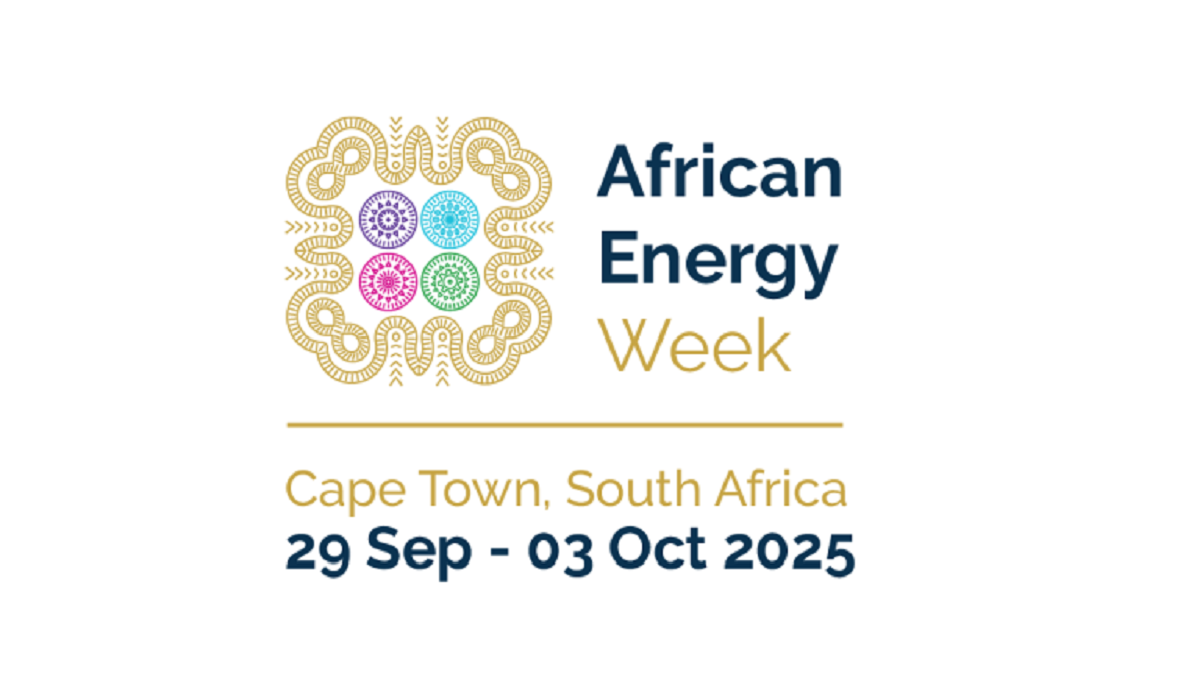

 Business3 hours ago
Business3 hours ago
 Energy3 hours ago
Energy3 hours ago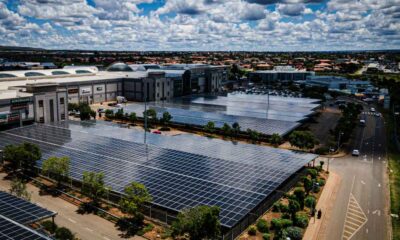
 Business3 hours ago
Business3 hours ago
 Business3 hours ago
Business3 hours ago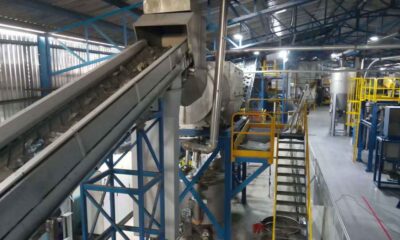
 Business3 hours ago
Business3 hours ago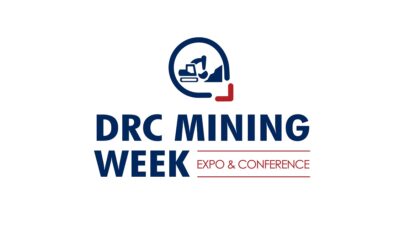
 Events3 hours ago
Events3 hours ago
 Business3 hours ago
Business3 hours ago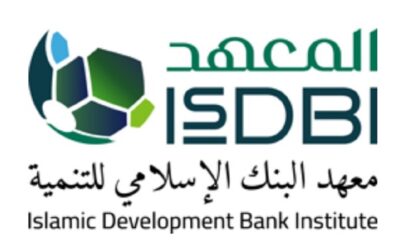
 Tech3 hours ago
Tech3 hours ago



